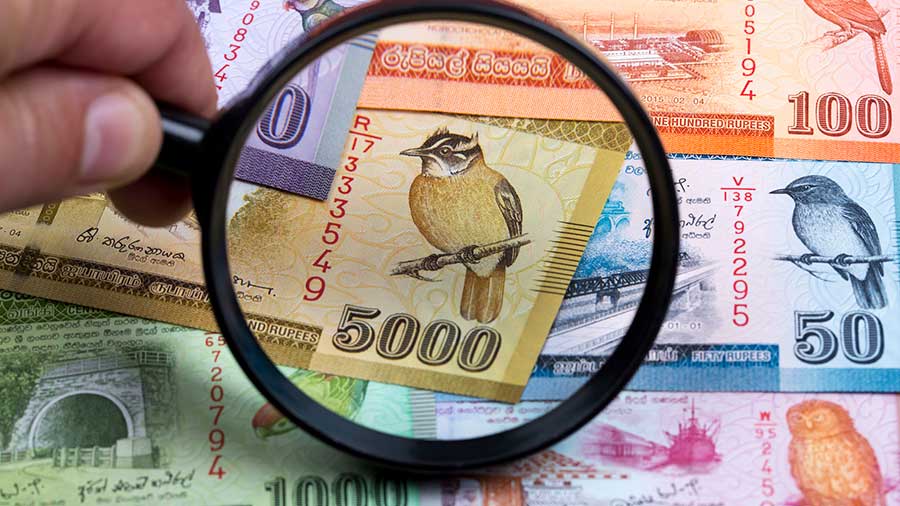Sri Lanka Prefers China Loan Deal Over World Bank Terms

China’s lending and debt policies very different to the risk-adverse West
The Sri Lankan Government has agreed a US$308 million loan from China to help the country out of its financial difficulties. The Chinese Embassy in Sri Lanka has stated that “The China Development Bank and Sri Lankan Government have entered into an agreement of RMB 2 Billion (US$308 million) Term Facility, upon a request from the Sri Lanka side to support its Covid19 response, economic revival, financial stability and livelihood betterment.”
Sri Lanka has endured a dreadful few years: political infighting, terrorist attacks and the Covid pandemic have effectively destroyed its tourism industry, a major part of its economy. Inbound tourism has plummeted from 3.5 million in 2019 to less than 19,000 arrivals in H1 this year. The country is close to defaulting on its sovereign debts, and has suspended imports as Colombo is running low on available capital. The country’s largest gas supplier was bankrupted in March, with that debt being passed onto other suppliers in the form of a merger. Other fuel supply costs are rocketing. The country has also had to contend with the sinking and mass pollution arising from the Singapore-flagged MV X-Press Pearl, which caught fire off Colombo in May and has destroyed the local fishing industry and a cheap source of food. The United Nations has called that incident as “causing significant damage to the global eco-system“. Fishing off the West and South coast of Sri Lanka has been banned, although that hasn’t stopped supply chains containing badly contaminated product.
The China loan will have been at reasonable terms, likely a 2% interest rate as has been established as the norm, with repayment over a ten-year period. The IMF have been unable to compete with these conditions, putting China in the driving seat when it comes to the geo-politics of supporting emerging and poorer nations. In 2020, Chinese external loans were nearly equivalent to those made by the World Bank.
Longer term, Sri Lanka has a brighter future assuming it can rebuild its tourism industry. In this respect, it is not the only country to be suffering from a huge decline in visitors. However, in the non-tourism sector, Sri Lanka has also been encouraging changes, such as banning imports of key commodities such as Tumeric (a spice used in daily cuisine) from India and insisting it is locally self-sufficient. The same is also true in other staples such as rice, onions, and potatoes. The Colombo Port City (CPC) project, also invested in by China, is an example of a REITS-type arrangement that will soon become a common financial tool worldwide. In this case, the CPC is a Central Business District in Colombo that will offer less expensive office accommodation than either Singapore or Dubai, making it ideal as back-office operations for MNCs with a strong Asian presence. That is being combined with various under-utilized property assets in Colombo and will be packaged and sold on the Colombo Stock Exchange. Sri Lanka, at Hambantota, is also repositioning itself as an auto-industry supplier with EV battery production, rubber and manufacturing facilities all being developed. Sri Lanka has the natural reserves of minerals and products available to make an impact in the EV auto sector.
The China loan at present will only bide the Sri Lanka government time; the economy needs to pick up – and if not, either further loans will need to be made, or sovereign default will occur. China will be aware of this – with many Belt and Road Initiative strategic partners in similar positions. China’s banking SOEs will be busy right now, along with Government policy and strategic analysts, to look at how China can finance such debt while keeping risk to a minimum.
Related Reading
About Us
Silk Road Briefing is written by Dezan Shira & Associates. The firm has 28 offices throughout Asia, and assists foreign investors into the region. For strategic advisory and business intelligence issues please contact the firm at silkroad@dezshira.com or visit www.dezshira.com





